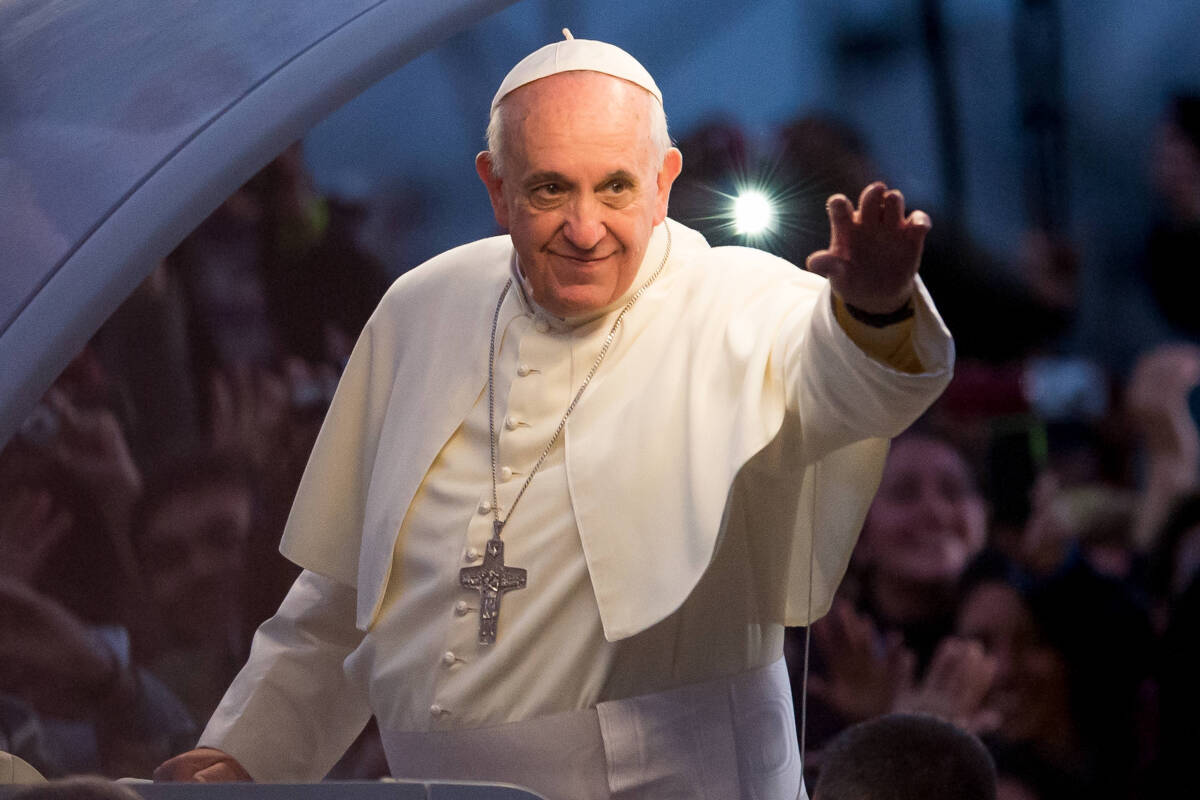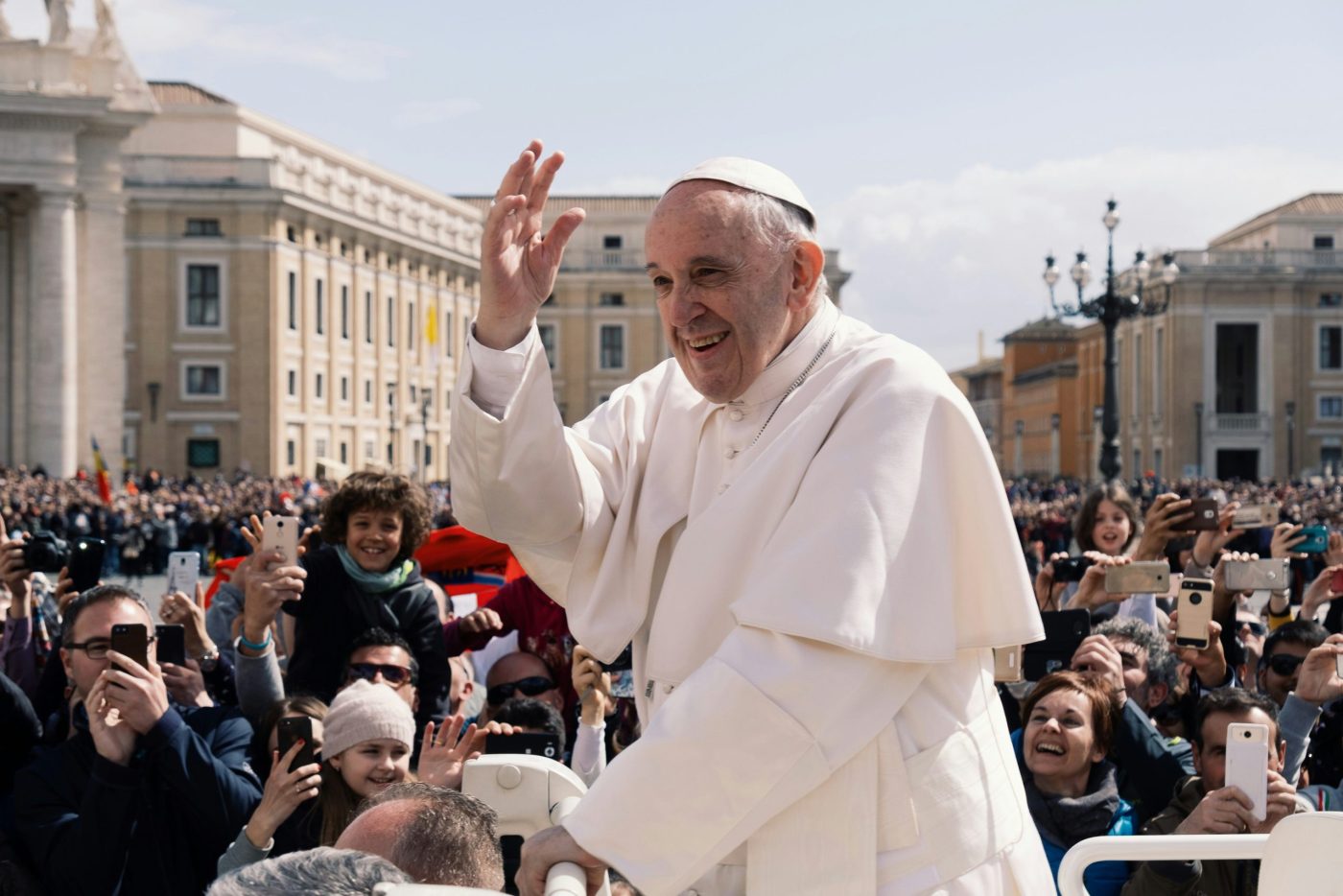The passing of Pope Francis at the age of 88 marks the end of a remarkable papacy defined by progressive views, bold environmental initiatives, and a focus on social justice. Throughout his tenure, Francis earned admiration and criticism alike for his liberal stances on issues such as same-sex marriage, divorce, and transgender rights, while remaining steadfast on more traditional positions like opposition to abortion.

Francis, born Jorge Mario Bergoglio in Buenos Aires, is remembered for being the first non-European pope in 1,300 years, as well as for his deep commitment to addressing poverty and social inequality, particularly in the slums of Buenos Aires. His pontificate was also marked by a call for greater fraternity and a focus on migration, with Francis constantly advocating for the rights of refugees and displaced persons, often at odds with certain political ideologies.

His health had been a concern in recent years, with multiple hospitalizations due to respiratory issues and falls, but he continued his duties as much as possible until his final weeks. His passing comes after a final public appearance on Easter Sunday, where he surprised the crowd in St. Peter’s Square by blessing the faithful in his popemobile despite his frailty.

As the Vatican prepares for the Conclave, the world will undoubtedly reflect on the legacy of Pope Francis, his progressive influence on the Church, and his efforts to reshape the perception of the papacy in the modern world.
